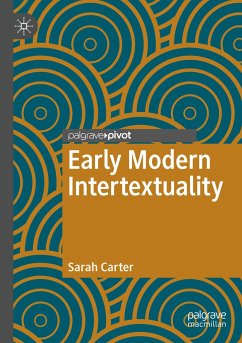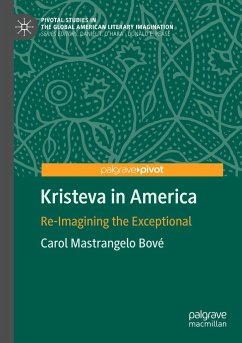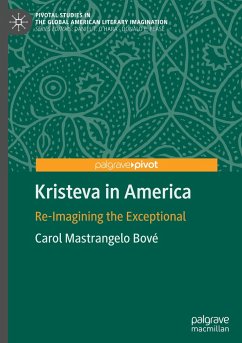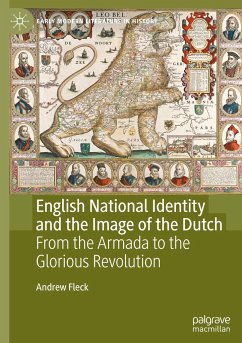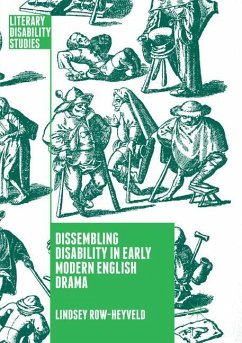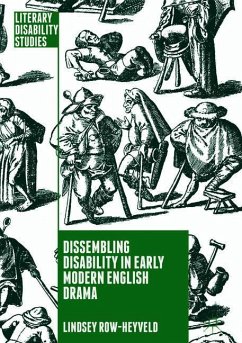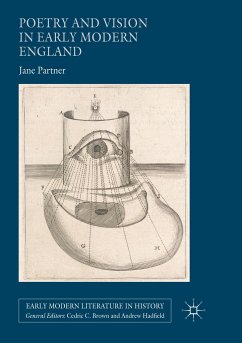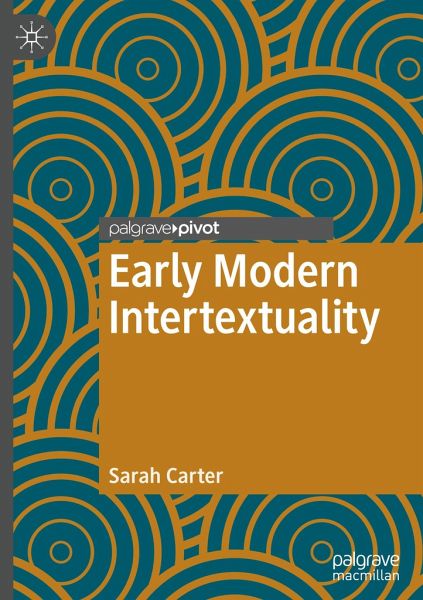
Early Modern Intertextuality
Versandkostenfrei!
Versandfertig in 6-10 Tagen
53,99 €
inkl. MwSt.
Weitere Ausgaben:

PAYBACK Punkte
27 °P sammeln!
This book is an exploration of the viability of applying the post structuralist theory of intertextuality to early modern texts. It suggests that a return to a more theorised understanding of intertextuality, as that outlined by Julia Kristeva and Roland Barthes, is more productive than an interpretation which merely identifies 'source' texts. The book analyses several key early modern texts through this lens, arguing that the period's conscious focus on and prioritisation of the creative imitation of classical and contemporary European texts makes it a particularly fertile era for intertextua...
This book is an exploration of the viability of applying the post structuralist theory of intertextuality to early modern texts. It suggests that a return to a more theorised understanding of intertextuality, as that outlined by Julia Kristeva and Roland Barthes, is more productive than an interpretation which merely identifies 'source' texts. The book analyses several key early modern texts through this lens, arguing that the period's conscious focus on and prioritisation of the creative imitation of classical and contemporary European texts makes it a particularly fertile era for intertextual reading. This analysis includes discussion of early modern creative writers' utilisation of classical mythology, allegory, folklore, parody, and satire, in works by William Shakespeare, Sir Francis Bacon, John Milton, George Peele, Thomas Lodge, Christopher Marlowe, Francis Beaumont, and Ben Jonson, and foregrounds how meaning is created and conveyed by the interplay of texts and the movement between narrative systems. This book will be of interest to undergraduate and postgraduate students of early modern literature, as well as early modern scholars.



